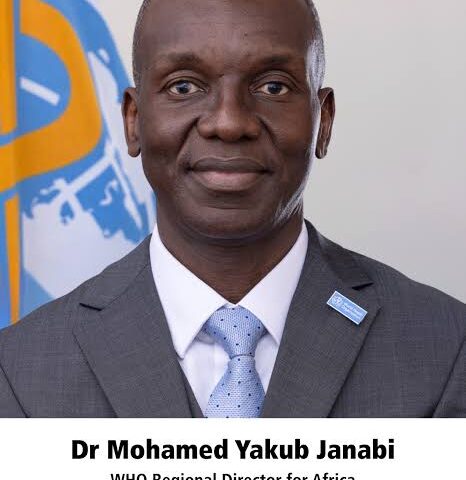Nigeria may not achieve Sustainable Development Goal 2 (zero hunger) by 2030 on account of the prevailing malnutrition in the country,the United Nations Children’s Fund (UNICEF), has said.
The agency’s Nutrition Officer, Nkeiru Enwelum, disclosed this at a two- day media dialogue with media practitioners on Sustainable Development Goals (SDGs) as Child Rights’ organised by the Child Rights Information Bureau (CRIB) of the Federal Ministry of Information and Culture in collaboration with United Nations Children’s Fund (UNICEF).
She said Nigeria is number one in Africa and number two in the world in terms of malnourished children. Of the 35 million children under the ages of five , 14 million are stunted, 3 million wasted and 24 million anaemic.
She added:” Nigeria has 32% of stunted children and about 6.8% wasted. This figure stipulates that Nigeria has 14.5 million people suffering from acute malnutrition.
” The first 1,000 days of life is a critical window of opportunity for nutrition from conception up till the child second birthday. That period has been established as the critical window of opportunity to implement impact interventions in a child’s life in order to prevent malnutrition and mortality and ensure that children grows well and reverse the trend of malnutrition. If malnutrition is beyond the critical window of opportunity, it’s irreversible.
“The Convention on the right of a child stipulates that children has the right to food and the SDGs recognizes the importance of nutrition as critical to economic development and wellbeing of countries. It also situated SDGs as one that focuses on nutrition contributing to zero hunger , there are indication that track child nutrition specifically child wasting and child stunting”, she explained.
Speaking on prevention of malnutrition, Enwelum said;” It cost $15 (N6,000) to prevent malnutrition through the delivery of high impact nutrition interventions .
It also cost $120 (N60,000) to treat malnutrition through Integrated management of acute malnutrition ( 8 times the cost of prevention).
She warned that failure to prevent and treat malnutrition can result in Long term congnitive and growth impacts; loss of income for households and up to 15% GDP loss for Nigeria; and increased morbidity and potential deaths.





















